I‘ll be honest: I don’t know anything about an “AI target audience” or finding an audience via AI.
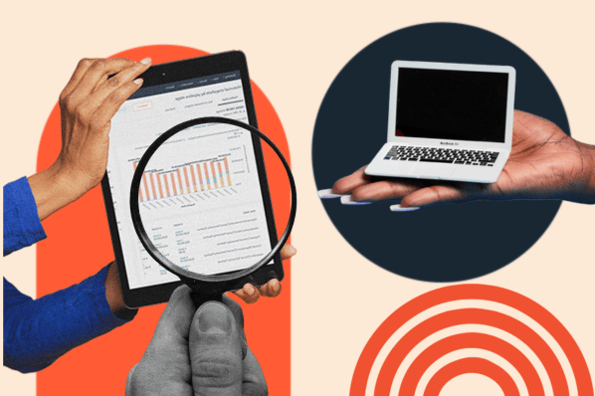
However, I want to learn because I recently started working with a local pole fitness studio in my neighborhood.

I want to help it gain new students. So, dear reader, we are going to learn about AI audience targeting, its benefits, and helpful AI target audience tools together.
Here we go!
Table of Contents
- What is AI audience targeting?
- Benefits of Using AI for Target Audiences
- How to Find Your Target Audience Using AI
- 6 Best AI Tools for Target Audience Research
What is AI audience targeting?
After some research, I’ve found that AI audience targeting is when you use artificial intelligence to find and engage with a distinct group of potential customers (your target audience).
Specifically, AI target audience tools examine audience behaviors, interests, regional preferences, and demographics to guide marketing strategies and content.
Benefits of Using AI for Target Audiences
Using AI target audience tools can help improve many aspects of a marketing strategy.
I’m personally most interested in how it can help with advertising, content, and customer engagement since these are most important to me as I help my neighborhood business.
Advertising
AI target audience tools would be most helpful in advertising because they could analyze large quantities of data in seconds, allowing me to draw conclusions quicker, decide on my advertising strategy, and pivot quickly when necessary.
As I said, the business I‘m working with is a pole fitness studio. An AI target audience tool would help me quickly figure out our target audience’s behaviors, where they search for pole fitness content, and what platforms they frequent.
From there, I can craft an advertising strategy tailored to them, thus boosting the studio’s visibility and gaining more students.
Content
I‘m trying to grow the business’ visibility on social media. I’ve found that some videos perform better than others, but analyzing all the content performance data is still tedious, and I need to figure out what our audience likes.
As I said earlier, AI audience tools can analyze this data faster than I or any human could, allowing me to adjust my content strategy and create engaging content more quickly.
How to Find Your Target Audience Using AI
According to my research, I can find and understand my target audience using AI via the following:
1. Predictive Analytics
I can’t stress enough how efficient AI is at analyzing data. In this case, AI can quickly assess data to build models for future consumer behavior.
For example, my neighborhood studio could use predictive analytics to figure out when someone is in the market for classes if a potential student:
- Attended one of its events, such as the Halloween-themed pole dance workshop it hosted
- Is a part of a demographic of people who are interested in learning pole fitness
- Lives in an area where there are gyms, fitness programs, and dance studios
- Clicked on an ad for the studio recently
If someone does one or more of the following, AI will help the studio find them and create targeted ads and content to encourage them to become regular students.
2. Behavioral Analytics
AI can analyze behavioral analytics metrics such as where your audience is coming from, what they click on your site, and how long they’re on your platform to help you better understand their behavior.
For example, visitors to the pole fitness website always click on the website’s banner. That would encourage me to update the banner to take visitors to a signup page to register for classes.
3. Hyper-personalized Content
AI audience targeting can effectively analyze data to deliver personalized content and ads to potential consumers. For example, let‘s get back to the pole fitness studio I’m working with. AI target audience tools can assess:
- The time of year most students sign up for fitness classes or gyms
- The needs and concerns of first-time students
- How old the average student is
- Where most potential students reside locally
Thanks to AI’s speed, I could use all this information to create targeted and quickly pivot when consumer needs change.
6 Best AI Tools for Target Audience Research
Now that I know what AI target audience tools are, their benefits, and how they can be used, it‘s time to explore tools to help me market my local pole fitness studio and help you market your own business.
Here are the best ones I’ve found and plan on testing out for the pole studio I’m working with.
1. HubSpot’s Breeze AI
I promise I‘m not biased when I say HubSpot’s Breeze AI boasts several excellent tools for finding and engaging your target audience. One feature I find most useful for my marketing goals is Breeze Social Media Agent.
I’m currently leveraging social media to boost awareness of the pole fitness studio and encourage potential students to register for classes.
Breeze Social Media Agent can help me achieve this by analyzing past post-performance data and assessing business details and industry best practices.
It will then use the information to optimize my social media strategy with data-driven post suggestions.
Best for: Refining and optimizing your social media strategy.

2. ExactBuyer
ExactBuyer helps businesses find their ideal customers, gather relevant data, and use the information to create realistic, targeted buyer personas.
Even better, the AI-powered tool allows users to consistently update and refine the gathered data to optimize the personas in real time.
I wanted to use ExactBuyer to create realistic buyer personas for prospective students interested in the studio’s classes.
Best for: Creating hyper-focused buyer personas.

Image Source
3. OpinioAI
OpinioAI is one of the most interesting AI target audience tools because it allows users to create buyer personas and chat with them to get insight into consumer thoughts on their business.
You can talk to your persona about its favorite brand, hobbies, behaviors, needs, and more to get insight into your target audience. Think of it as a virtual one-on-one conversation with a potential consumer.
Best for: Gathering insight into the wants and needs of your target audience.

Image Source
4. Pixis
Pixis AI features allow users to create precise, targeted content for their audience.
Its AI Targeting feature is most interesting because it establishes custom audience cohorts based on search trends, competitive keywords, and brand keywords.
Best for: Identifying niche audiences.

Image Source
5. GapScout
GapScout delivers AI-powered insights that pinpoint content gaps and emergency trends that competitors in your niche are missing.
Best for: Helping your brand tap into underserved needs in your market.

Image Source
6. Userpersona
This is a great AI tool for marketers new to creating and understanding user personas to guide their brand strategy. All users need to do is describe their product and service, and Userpersona will do the rest.
For example, I typed in the information about the pole fitness studio I’m working with, and here is what Userpersona generated.

It only took one sentence for Userpersona to generate a persona called “Sarah Smith” to represent our target audience and give me an idea of how and who to market the studio.
Now, we both know quite a bit more about AI target audience tools and how to use them.
I plan on using HubSpot’s Breeze AI to help my favorite local pole fitness studio attract more students. I hope you will also try the tools I listed. Good luck!
![AI Target Audience: What I Learned [+ Tools to Try]](http://blog.contentkrush.com/wp-content/uploads/2021/06/cropped-ck1.png)

![AI Target Audience: What I Learned [+ Tools to Try] AI Target Audience: What I Learned [+ Tools to Try]](https://accesspressthemes.com/import/vmagazine/wp-content/uploads/2018/05/u7-adss.jpg)
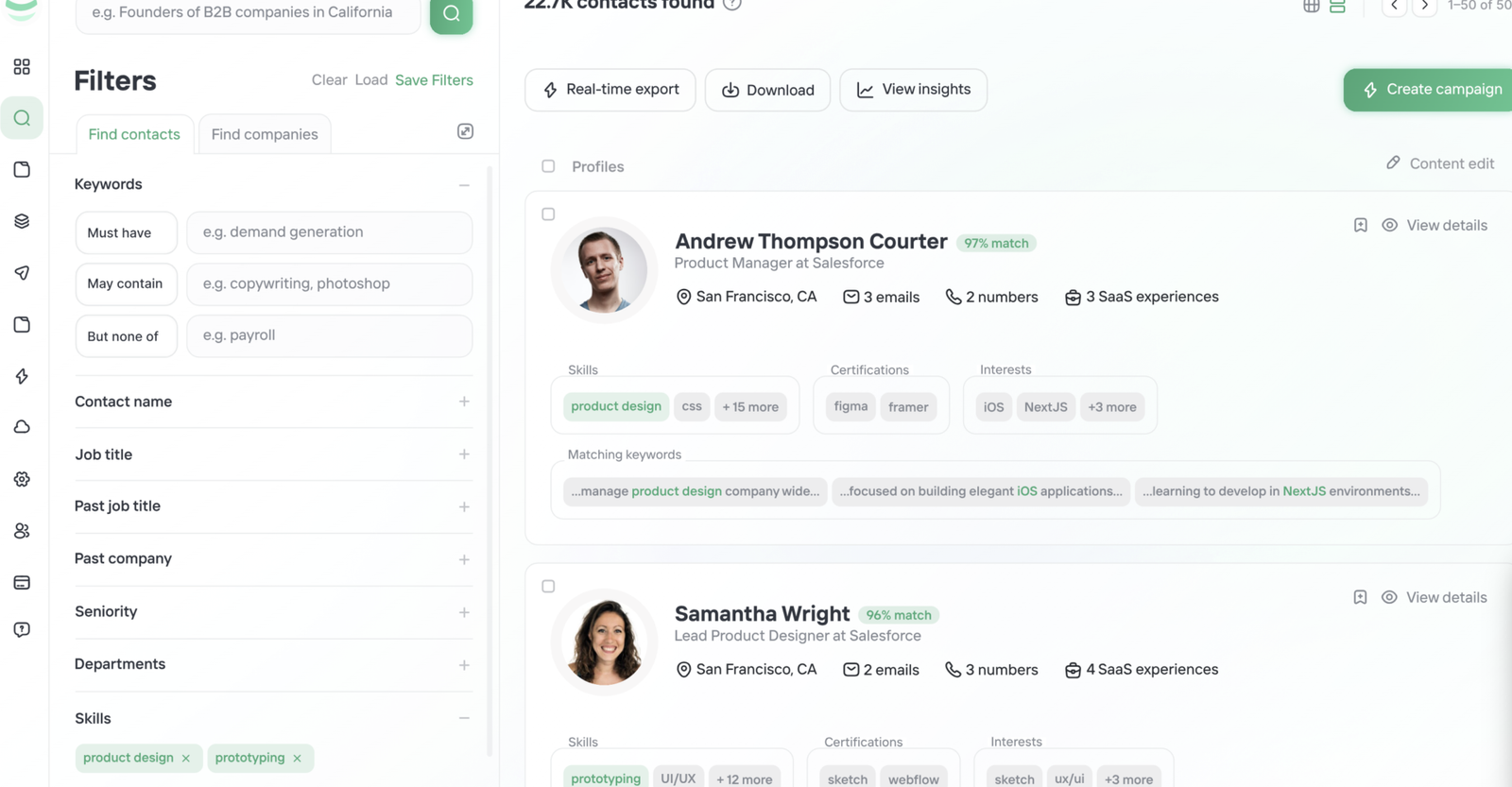
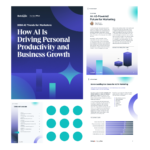

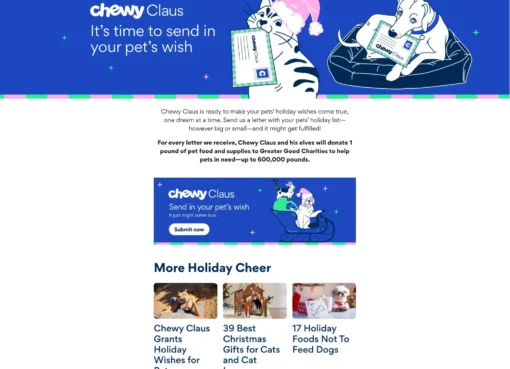
![What is B2C Marketing? [+ New Data & Trends to Captivate Audiences in 2025] what-is-b2c-marketing?-[+-new-data-&-trends-to-captivate-audiences-in-2025]](https://blog.contentkrush.com/wp-content/uploads/2025/01/140852-what-is-b2c-marketing-new-data-trends-to-captivate-audiences-in-2025-510x369.jpg)
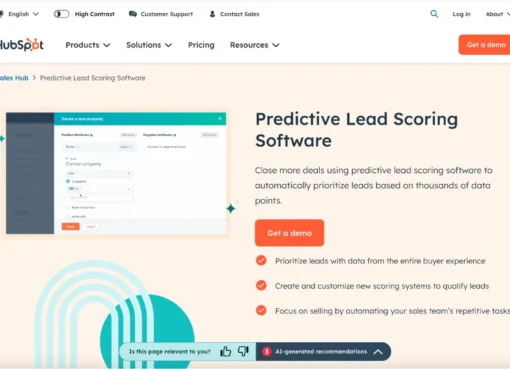
![Sustainable Marketing: Key Principles & How to Leverage It [+ Examples] sustainable-marketing:-key-principles-&-how-to-leverage-it-[+-examples]](https://blog.contentkrush.com/wp-content/uploads/2024/10/140354-sustainable-marketing-key-principles-how-to-leverage-it-examples-510x369.jpg)
![5 Marketing Trends That Might Not Survive in 2024 [HubSpot Research + Expert Insights] 5-marketing-trends-that-might-not-survive-in-2024-[hubspot-research-+-expert-insights]](https://blog.contentkrush.com/wp-content/uploads/2024/03/129681-5-marketing-trends-that-might-not-survive-in-2024-hubspot-research-expert-insights-510x369.jpg)
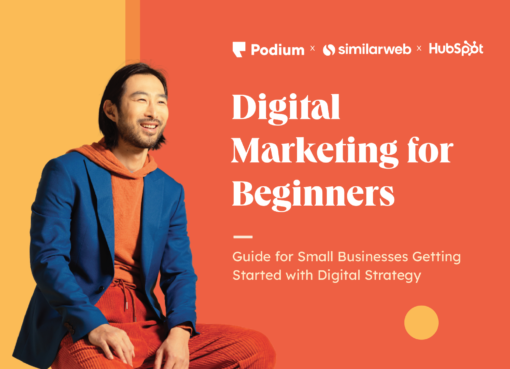
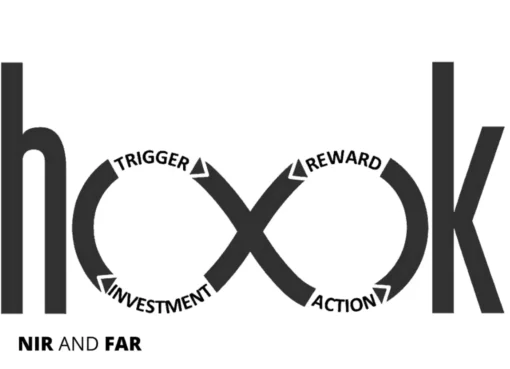
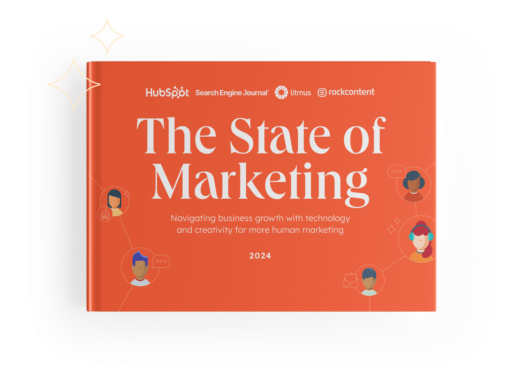
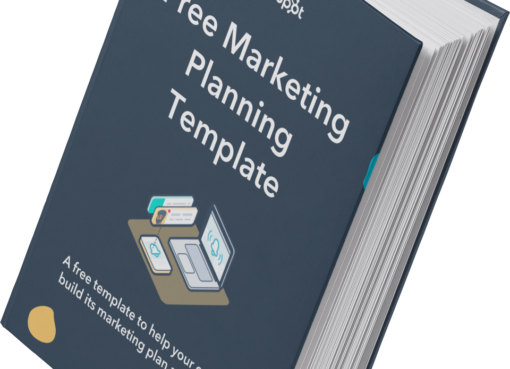
![What’s a Marketing Audit? [+ How To Do One] what’s-a-marketing-audit?-[+-how-to-do-one]](https://blog.contentkrush.com/wp-content/uploads/2025/02/141038-whats-a-marketing-audit-how-to-do-one-510x369.webp)
![How B2C Companies Leverage AI Marketing [Examples & Tips] how-b2c-companies-leverage-ai-marketing-[examples-&-tips]](https://blog.contentkrush.com/wp-content/uploads/2024/12/140611-how-b2c-companies-leverage-ai-marketing-examples-tips-510x369.webp)

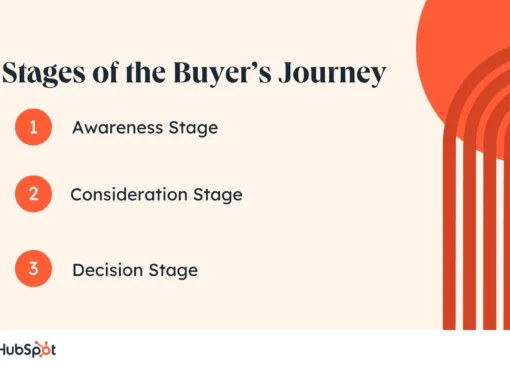
![The Top Goals of Marketing Managers & Leaders in 2025 [New Data + Expert Tips] the-top-goals-of-marketing-managers-&-leaders-in-2025-[new-data-+-expert-tips]](https://blog.contentkrush.com/wp-content/uploads/2024/11/140581-the-top-goals-of-marketing-managers-leaders-in-2025-new-data-expert-tips-510x369.webp)
![Here‘s Everything I’ve Learned About Internet Marketing [Data + Expert Tips] here‘s-everything-i’ve-learned-about-internet-marketing-[data-+-expert-tips]](https://blog.contentkrush.com/wp-content/uploads/2025/01/140860-heres-everything-ive-learned-about-internet-marketing-data-expert-tips-510x369.webp)
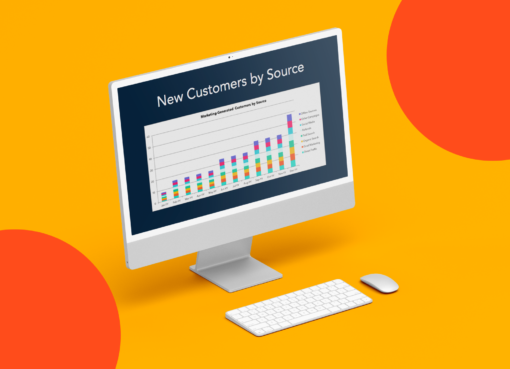
![Holistic Marketing Works — Here’s How You Can Apply It to Your Campaigns [+ Expert Tips] holistic-marketing-works-—-here’s-how-you-can-apply-it-to-your-campaigns-[+-expert-tips]](https://blog.contentkrush.com/wp-content/uploads/2024/11/140539-holistic-marketing-works-heres-how-you-can-apply-it-to-your-campaigns-expert-tips-510x369.webp)









Comment here